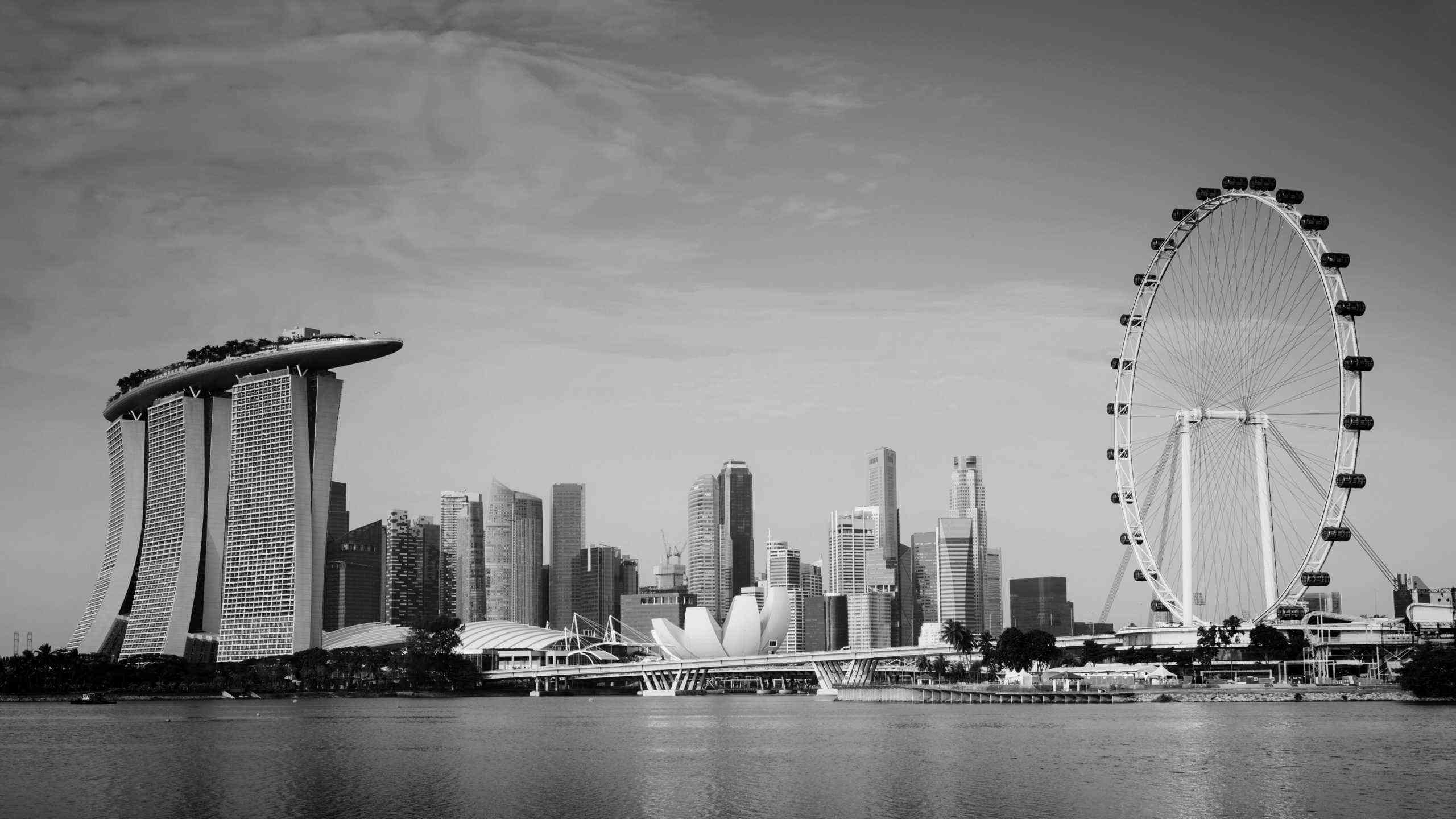About Singapore
Singapore offers a highly conducive environment for companies that are looking at new opportunities in the Asia region. Its robust regulatory framework, coupled with a stable political and economic structure, pro-business government and a well-established judicial system, have created the ideal platform for investment and made it a major commercial, financial- and wealth management hub. Singapore is recognised for its high government efficiency and competitiveness while its robust legal and regulatory regimes make it the most transparent country in Asia. The World Bank and other organisations consistently rank Singapore as the easiest place to do business worldwide. In addition, it has a highly educated and skilled workforce that speaks excellent English as well as multiple Asian languages.
Latest News
Please contact us if you have any questions or queries and your local representative will be in touch with you as soon as possible.

